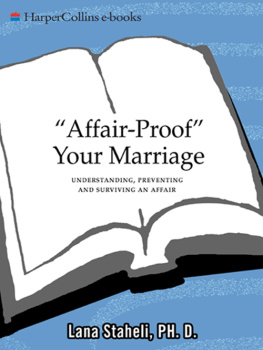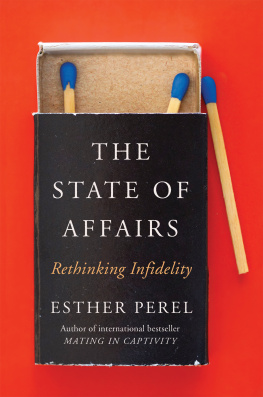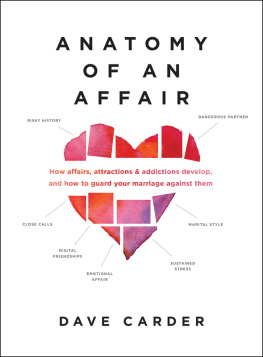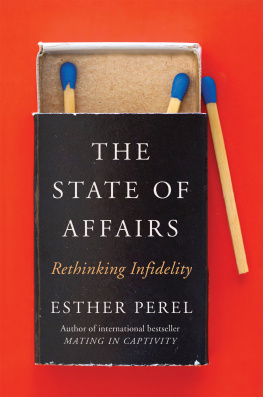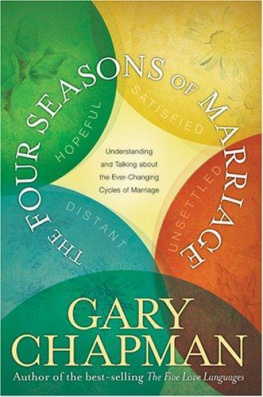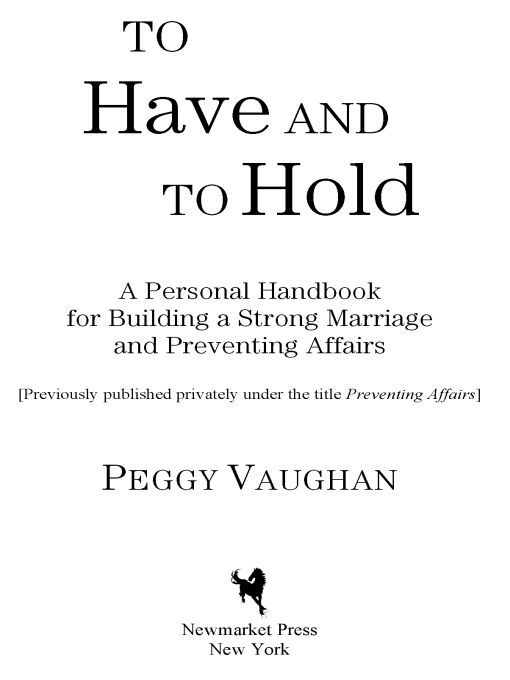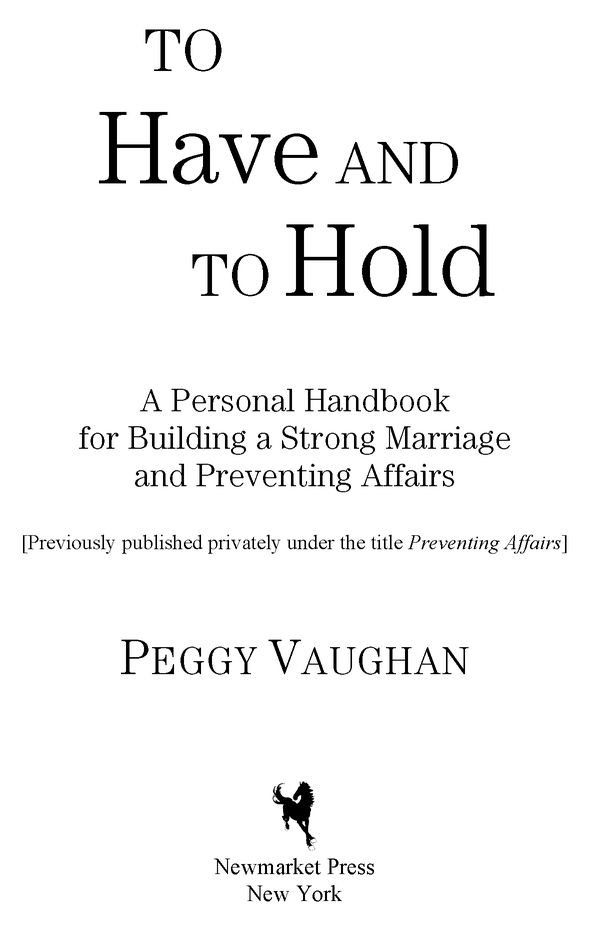Table of Contents
In 1955, I married my childhood sweetheart. We were very much in love when we married and took our vows very seriously. We shared the same background, values and beliefs. So we entered marriage feeling confident that we would be able to nurture a strong, stable marriage.
Im grateful that we have a close, loving relationship after all these years. And we do have the strong, stable marriage we had anticipated. However, it was a much greater struggle than I ever imagined it might be.
While we were quite successful in handling the typical problems that most couples face at one time or another, we were totally unprepared to deal with the one issue we never discussed: faithfulness.
We were like many couples who still enter marriage assuming their marriage will be monogamous. Our strong assumption was that couples who loved as much as we did were simply immune. So we were totally unprepared to discover that anyone could be vulnerable.
After my husband told me of his many affairs during a 7-year period (beginning after 11 years of marriage), we spent several years working through the ramifications, trying to understand what happened and whether and how we could recover and rebuild our marriage. Once we came to understand more about this whole issue, we used our experience to try to help others recover from the devastating impact of affairs.
Since 1980 when we wrote our first book and went public with our experience, I have devoted myself to helping others get more understanding and perspective as well. But through the years I came to see that its critical to focus on preventing affairs in the first placerather than only on picking up the pieces after an affair has taken place.
I became more serious about working on prevention after making a keynote speech on preventing affairs at the 1999 Smart Marriages Conference. During my presentation, I offered a professional assessment of the issue. Then at the conclusion of my talk, I unexpectedly broke into tears when I talked about wanting to protect my three granddaughters from growing up to be as vulnerable as past generations.
This personal concern provided additional motivation for working toward more understanding of whats involved in preventing affairs. I dont want future generations to continue this pattern of simply assuming monogamywithout the tools that are so critical to maintaining a long-term monogamous marriage.
I gradually began focusing more and more on prevention and began writing some articles about the issue. I searched for books on the topic and only found books like my own where prevention was a small part of the overall focus, but I found no book completely dedicated to prevention. So I felt the time had come to devote myself to researching and writing about preventing affairsthus this book.
Authors Note: In keeping with accepted guidelines for nonsexist writing, extensive use of the pronounthey(especially the possessive formtheir)has been made when referring to a singular noun.
I, (Name), Take you, (Name),
To be my (wife/husband);
To have and to hold, from this day forward,
for better, for worse, for richer, for poorer,
in sickness and in health, to love and to cherish,
as long as we both shall live.
We take these vows when we marry, brimming with hope and commitment to maintaining a strong, stable marriage for as long as we both shall live. This beautiful sentiment expresses a heartfelt belief in the promise of a long and happy life together.
A poll by the Pew Research Center in November 2007 noted that most Americans regard marriage as the ideal state, with upwards of 80 percent marrying. A poll by Parade Magazine in September 2008 also reflects the importance placed on having someone to have and to hold, to love and to cherish. In response to the question: Why did you get married? more than 80 percent answered, For love.
We begin marriage with the firm conviction that our love will sustain us through the years and our marriage vows will protect us.
While most of us are very much in love and really mean the vows we take at the time we say them, we may not have considered just whats required to realize the dreams we have for our marriage.
In light of our much longer life spans today, making these promises is a huge commitment, so we need to be fully aware of what were saying and what it means for the future.
While we may have every intention of keeping our promises, all too often we dont follow up with the actions and behaviors that are essential to making our intentions a reality.
This book will help you understand the need to translate your beliefs and intentions into actions. It will guide you in engaging in the behaviors that can allow you to reach your goal of having a strong, stable marriage.
Its critical to have some serious conversations about the meaning of the commitments youre making before you get married. Its tempting to wait until there are problems in the marriage to do this kind of talking about the tough stuff, but doing so may help achieve your goal of a lifetime with someone to have and to hold.
Its not enough to talk only in general terms about your relationship and your hopes for it. As the saying goes, The devil is in the details.
One of the details that couples tend to avoid discussing is the issue of maintaining monogamy throughout their marriage. In fact, the only time they may speak about it is if they use a version of the marriage vows that includes the phrase forsaking all others, be faithful to him (or her).
Preventing affairs, however, involves far more than just making an initial vow. Its not like getting a one-time inoculationor even getting occasional booster shots. Its more like taking a pill every day for the rest of your life!
This book is written specifically for those couples who have not faced the issue of affairsand want to prevent ever having to face it. Ive spent many years working to help couples recover from affairs, and I realize that one of the reasons they failed to prevent the affairs in the first place was that they had just assumed they would be monogamous. Since they never considered they might be vulnerable, they didnt actively work at preventing affairsor even recognize it as an issue that needed to be discussed.
You CAN have a monogamous marriage, but not by just assuming youre immune. Having a long-term monogamous marriage requires knowing whats involved in preventing affairsand acting on that knowledge on an ongoing basis as a couple.
Although you may have every intention of being monogamous and no idea of becoming involved in an extramarital affair, that doesnt make you (or your spouse) immune; in fact, no one is immune.
Heres the way I described this in
The Monogamy Myth:Monogamy is something most people say they believe in and want for themselves. Every survey ever done on this question shows a high percentage of people think monogamy is important to marriage and that affairs are wrong. But a belief in monogamy as an ideal doesnt prevent large numbers of people from having extramarital affairs.
No one is immune from having affairs disrupt their lives or the lives of those they care about; they happen to all kinds of people, in all walks of life.



